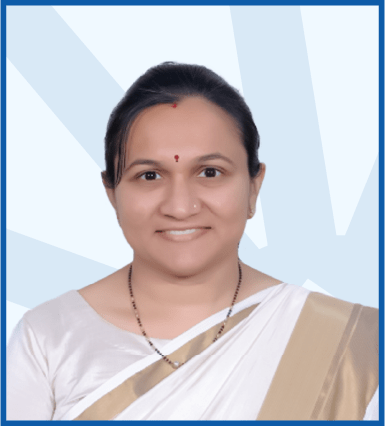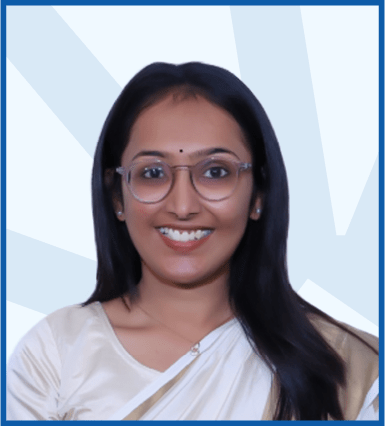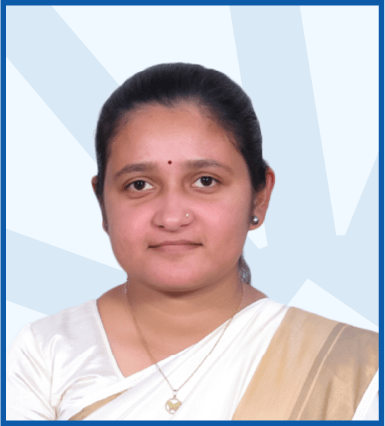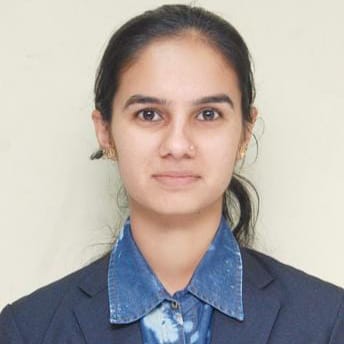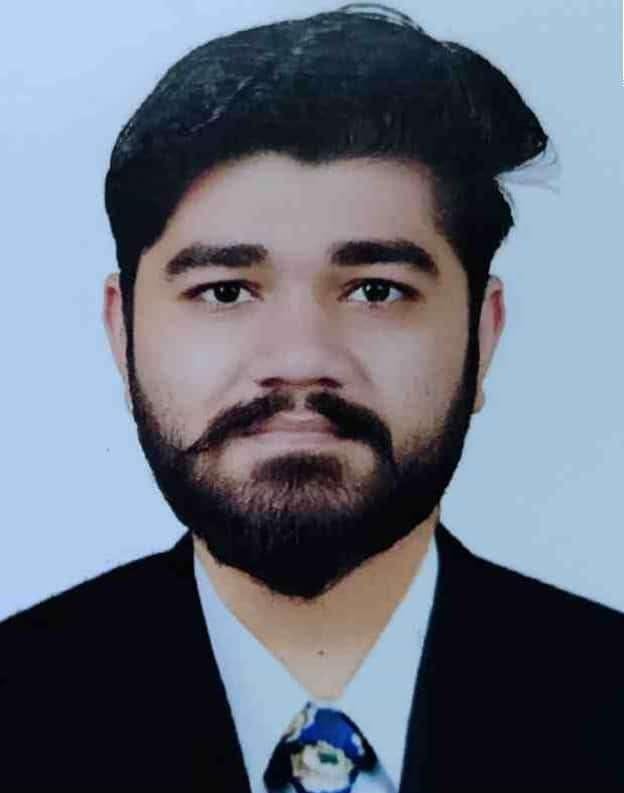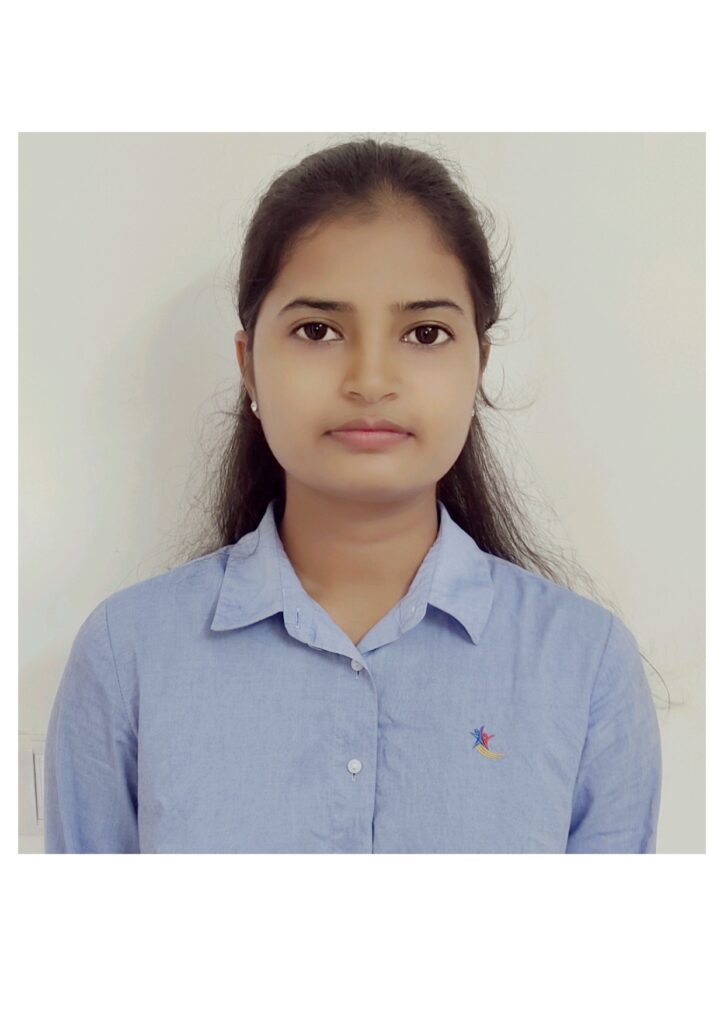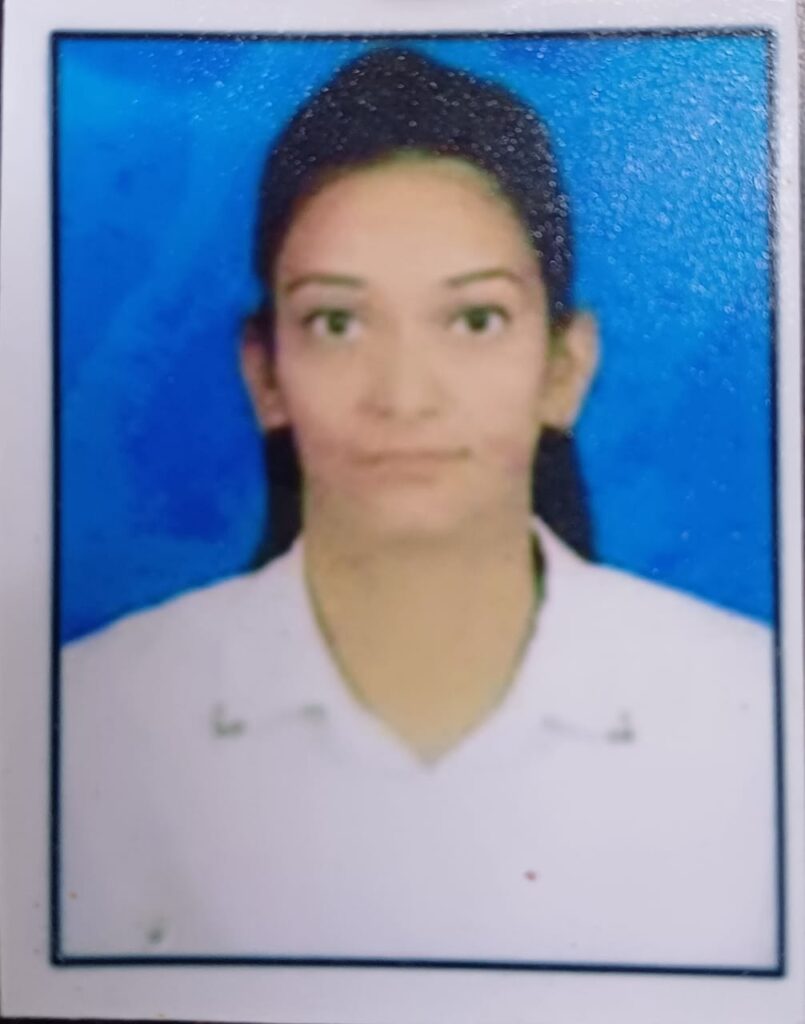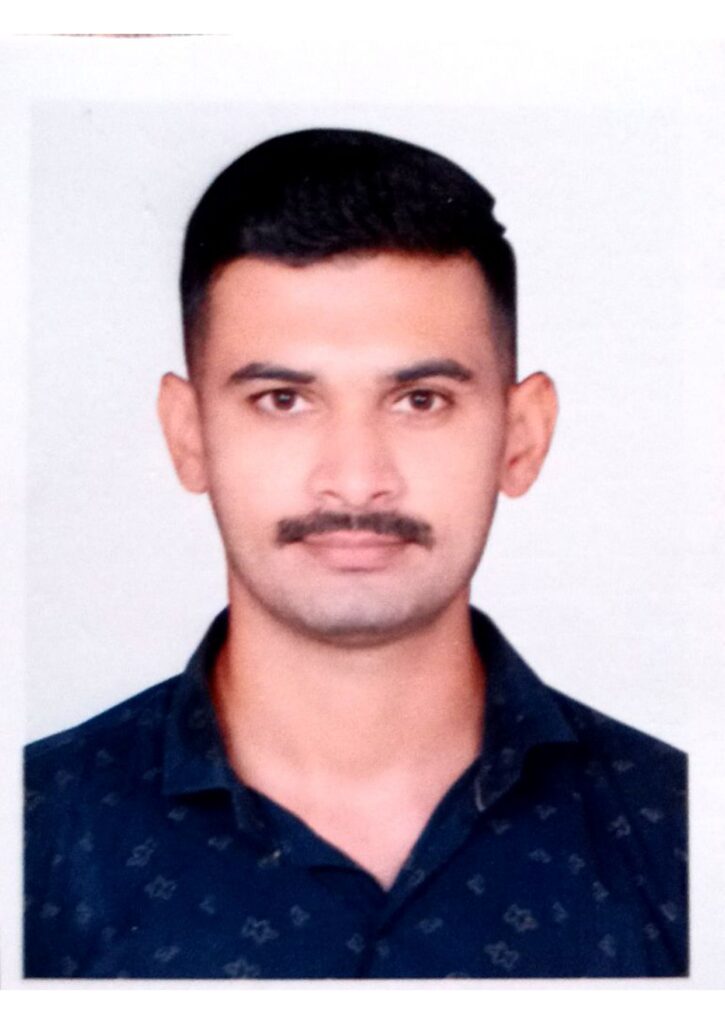Quality Assurance
Introduction to course
The M.Pharm. in Pharmaceutical Quality Assurance is a postgraduate program designed to equip students with in-depth knowledge and skills in ensuring the quality and safety of pharmaceutical products. Covering topics such as regulatory compliance, validation processes, and quality control measures, the course prepares professionals for roles in pharmaceutical industries, emphasizing the critical role of quality assurance in drug development and manufacturing. Students gain practical insights into quality management systems, analytical techniques, and industry-specific regulations, fostering their ability to contribute to the production of high-quality and compliant pharmaceuticals.
Mission
- To deliver high-quality education in pharmacy through innovative teaching methodologies, that foster a dynamic learning environment.
- To foster a culture of research and innovation, empowering students with the professional skills, critical thinking, and creativity necessary to lead advancements in the pharmaceutical field.
- To uphold the highest standards of integrity, ethics, and social responsibility in all academic and administrative pursuits, fostering a culture of transparency, accountability, and mutual respect.
Vision
To be a premier pharmacy institute, fostering a culture of innovation and excellence
in education and research, with the mission of transforming healthcare and making
a lasting, positive impact on the well-being of society
Course objective
- Develop a comprehensive understanding of quality assurance principles, practices, and regulatory requirements in the pharmaceutical industry.
- Acquire proficiency in implementing quality management systems, including documentation, standard operating procedures (SOPs), and good manufacturing practices (GMP).
- Gain practical skills in quality control testing methods and analytical techniques used for assessing the quality and purity of pharmaceutical products.
- Explore advanced topics in pharmaceutical quality assurance, such as risk assessment, validation of analytical methods, and quality risk management.
- Engage in hands-on training and laboratory work to apply quality assurance principles to real-world pharmaceutical manufacturing processes.

Course outcome
- Pharmacy Knowledge: Possess knowledge and comprehension of the core and basic knowledge associated with the profession of pharmacy, including biomedical sciences; pharmaceutical sciences; behavioral, social, and administrative pharmacy sciences; and manufacturing practices.
- Planning Abilities: Demonstrate effective planning abilities including time management, resource management, delegation skills and organizational skills. Develop and implement plans and organize work to meet deadlines.
- Problem analysis: Utilize the principles of scientific enquiry, thinking analytically, clearly and critically, while solving problems and making decisions during daily practice. Find, analyze, evaluate and apply information systematically and shall make defensible decisions.
- Modern tool usage: Learn, select, and apply appropriate methods and procedures, resources, and modern pharmacy-related computing tools with an understanding of the limitations.
- Leadership skills: Understand and consider the human reaction to change, motivation issues, leadership and team-building when planning changes required for fulfillment of practice, professional and societal responsibilities. Assume participatory roles as responsible citizens or leadership roles when appropriate to facilitate improvement in health and well- being.
- Professional Identity: Understand, analyze and communicate the value of their professional roles in society (e.g. health care professionals, promoters of health, educators, managers, employers, employees).
- Pharmaceutical Ethics: Honor personal values and apply ethical principles in professional and social contexts. Demonstrate behavior that recognizes cultural and personal variability in values, communication and lifestyles. Use ethical frameworks; apply ethical principles while making decisions and take responsibility for the outcomes associated with the decisions.
- Communication: Communicate effectively with the pharmacy community and with society at large, such as, being able to comprehend and write effective reports, make effective presentations and documentation, and give and receive clear instructions.
- The Pharmacist and society: Apply reasoning informed by the contextual knowledge to assess societal, health, safety and legal issues and the consequent responsibilities relevant to the professional pharmacy practice.
- Environment and sustainability: Understand the impact of the professional pharmacy solutions in societal and environmental contexts, and demonstrate the knowledge of, and need for sustainable development.
- Life-long learning: Recognize the need for, and have the preparation and ability to engage in independent and life-long learning in the broadest context of technological change. Self- assess and use feedback effectively from others to identify learning needs and to satisfy these needs on an ongoing basis.
Admission procedure
Eligibility:
- The student who has qualified Graduate or equivalent examination of B.Pharm. from recognized board or body is eligible for admission in M.Pharm. programme.
|
Board |
Category |
Theory Marks |
Theory + Practical Marks |
|---|---|---|---|
|
GSEB |
Open |
135 / 300 |
180 / 400 |
|
GSEB |
Reserve |
120 / 300 |
180 / 400 |
|
Other Boards |
Open |
108 / 240 |
135 / 300 |
|
Other Boards |
Reserve |
96 / 240 |
120 / 300 |
Admission Process:
- Purchase a PIN and Booklet from the recognized bank as informed by the Admission Committee.
- Submit an online form with necessary details and upload the documents on the admission portal.
- Make suitable choice filling as suggested by the admission committee in due time.
- Once the seat allocation is done and a seat is allotted to you, confirm your admission and pay necessary fees online on the portal.
- Take print of confirmation letter and payment receipt and report to the allotted institute in prescribed time duration.
Curriculum
- Duration: 4 years
- Fees: Rs. 70,000
- Intake: 60
| GTU Code | Subject | Theory(Hrs) | Tutorial(Hrs) | Practical(Hrs) | Credits |
|---|---|---|---|---|---|
| 3110000 | Lorem Ipsum | 0 | 0 | 0 | 0 |
| 3110000 | Lorem Ipsum | 0 | 0 | 0 | 0 |
| 3110000 | Lorem Ipsum | 0 | 0 | 0 | 0 |
| 3110000 | Lorem Ipsum | 0 | 0 | 0 | 0 |
| 3110000 | Lorem Ipsum | 0 | 0 | 0 | 0 |
| GTU Code | Subject | Theory(Hrs) | Tutorial(Hrs) | Practical(Hrs) | Credits |
|---|---|---|---|---|---|
| 3110000 | Lorem Ipsum | 0 | 0 | 0 | 0 |
| 3110000 | Lorem Ipsum | 0 | 0 | 0 | 0 |
| 3110000 | Lorem Ipsum | 0 | 0 | 0 | 0 |
| 3110000 | Lorem Ipsum | 0 | 0 | 0 | 0 |
| 3110000 | Lorem Ipsum | 0 | 0 | 0 | 0 |
| GTU Code | Subject | Theory(Hrs) | Tutorial(Hrs) | Practical(Hrs) | Credits |
|---|---|---|---|---|---|
| 3110000 | Lorem Ipsum | 0 | 0 | 0 | 0 |
| 3110000 | Lorem Ipsum | 0 | 0 | 0 | 0 |
| 3110000 | Lorem Ipsum | 0 | 0 | 0 | 0 |
| 3110000 | Lorem Ipsum | 0 | 0 | 0 | 0 |
| 3110000 | Lorem Ipsum | 0 | 0 | 0 | 0 |
| GTU Code | Subject | Theory(Hrs) | Tutorial(Hrs) | Practical(Hrs) | Credits |
|---|---|---|---|---|---|
| 3110000 | Lorem Ipsum | 0 | 0 | 0 | 0 |
| 3110000 | Lorem Ipsum | 0 | 0 | 0 | 0 |
| 3110000 | Lorem Ipsum | 0 | 0 | 0 | 0 |
| 3110000 | Lorem Ipsum | 0 | 0 | 0 | 0 |
| 3110000 | Lorem Ipsum | 0 | 0 | 0 | 0 |
| GTU Code | Subject | Theory(Hrs) | Tutorial(Hrs) | Practical(Hrs) | Credits |
|---|---|---|---|---|---|
| 3110000 | Lorem Ipsum | 0 | 0 | 0 | 0 |
| 3110000 | Lorem Ipsum | 0 | 0 | 0 | 0 |
| 3110000 | Lorem Ipsum | 0 | 0 | 0 | 0 |
| 3110000 | Lorem Ipsum | 0 | 0 | 0 | 0 |
| 3110000 | Lorem Ipsum | 0 | 0 | 0 | 0 |
| GTU Code | Subject | Theory(Hrs) | Tutorial(Hrs) | Practical(Hrs) | Credits |
|---|---|---|---|---|---|
| 3110000 | Lorem Ipsum | 0 | 0 | 0 | 0 |
| 3110000 | Lorem Ipsum | 0 | 0 | 0 | 0 |
| 3110000 | Lorem Ipsum | 0 | 0 | 0 | 0 |
| 3110000 | Lorem Ipsum | 0 | 0 | 0 | 0 |
| 3110000 | Lorem Ipsum | 0 | 0 | 0 | 0 |
| GTU Code | Subject | Theory(Hrs) | Tutorial(Hrs) | Practical(Hrs) | Credits |
|---|---|---|---|---|---|
| 3110000 | Lorem Ipsum | 0 | 0 | 0 | 0 |
| 3110000 | Lorem Ipsum | 0 | 0 | 0 | 0 |
| 3110000 | Lorem Ipsum | 0 | 0 | 0 | 0 |
| 3110000 | Lorem Ipsum | 0 | 0 | 0 | 0 |
| 3110000 | Lorem Ipsum | 0 | 0 | 0 | 0 |
| GTU Code | Subject | Theory(Hrs) | Tutorial(Hrs) | Practical(Hrs) | Credits |
|---|---|---|---|---|---|
| 3110000 | Lorem Ipsum | 0 | 0 | 0 | 0 |
| 3110000 | Lorem Ipsum | 0 | 0 | 0 | 0 |
| 3110000 | Lorem Ipsum | 0 | 0 | 0 | 0 |
| 3110000 | Lorem Ipsum | 0 | 0 | 0 | 0 |
| 3110000 | Lorem Ipsum | 0 | 0 | 0 | 0 |
Faculty
Labs and facilities

Photo gallery





